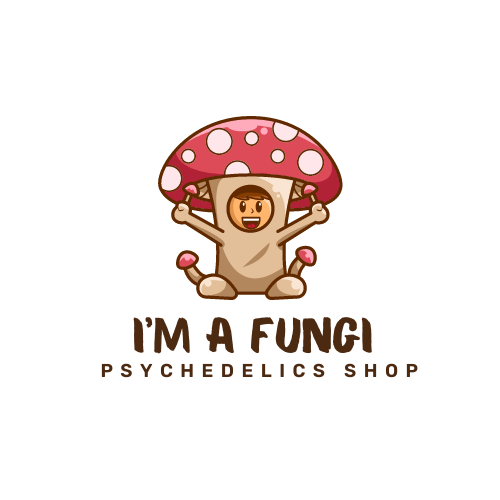BLOG
Pioneering the Future of Fungal Innovation: Advances in Mushroom Cultivation and Sustainability at Imafungi

Introduction
In recent years, the mushroom industry has experienced a renaissance, with growing interest in the culinary, medicinal, and environmental benefits of mushrooms. We have been at the forefront of this movement, pioneering groundbreaking advances in mushroom cultivation, sustainability, and product development. In this article, we will explore the innovative techniques, sustainable practices, and transformative products that have propelled our company to the forefront of the mushroom business.
Innovative Cultivation Methods
1.1. Controlled Environment Agriculture (CEA): Harnessing the power of controlled-environment agriculture, we have developed state-of-the-art facilities that optimize growing conditions for mushrooms. Our climate-controlled grow rooms, equipped with advanced lighting, humidity, and ventilation systems, ensure optimal yields and quality year-round.
1.2. Vertical Farming: By embracing vertical farming techniques, we have maximized space efficiency and productivity in our mushroom cultivation operations. By stacking growing trays vertically, we can cultivate mushrooms in multi-tiered systems, significantly increasing production capacity while minimizing land and resource usage.
1.3. Mycelium Cultivation: Exploring innovative mycelium cultivation methods, we have unlocked new possibilities for sustainable material production. By cultivating mycelium, the root structure of mushrooms, we can create biodegradable materials for packaging, construction, and manufacturing, offering eco-friendly alternatives to traditional materials.
- Sustainable Practices: 2.1. Waste Reduction: At Imafungi, we are committed to minimizing waste throughout our operations. By implementing waste reduction strategies such as composting spent substrate and recycling byproducts, we strive to achieve a closed-loop system that maximizes resource efficiency and minimizes environmental impact.
2.2. Renewable Energy: Embracing renewable energy sources, we have transitioned to solar and wind power to meet our energy needs. By harnessing clean, renewable energy, we reduce our carbon footprint and contribute to a more sustainable future for the mushroom industry.
2.3. Sustainable Packaging: Recognizing the importance of sustainable packaging, we have introduced eco-friendly alternatives made from mushroom-based materials. Our innovative packaging solutions not only reduce reliance on fossil fuels and plastic but also provide valuable nutrients for soil health when composted.
- Product Development: 3.1. Functional Mushrooms: Capitalizing on the growing demand for functional mushrooms, we have expanded our product line to include a diverse range of mushroom-based supplements and wellness products. From immune-boosting extracts to cognitive-enhancing blends, our functional mushroom products harness the natural health benefits of mushrooms to promote overall well-being.
3.2. Culinary Innovation: In collaboration with renowned chefs and culinary experts, we have developed innovative mushroom-based ingredients and products for the food industry. From gourmet mushroom blends to plant-based meat alternatives, our culinary innovations offer delicious and nutritious options for consumers seeking sustainable and healthy food choices.
3.3. Biotechnology: Pushing the boundaries of biotechnology, we are exploring the potential of mushrooms as a platform for producing valuable compounds and biomaterials. Through genetic engineering and fermentation techniques, we aim to unlock new applications for mushrooms in pharmaceuticals, biofuels, and beyond.
- Community Engagement: 4.1. Education and Outreach: As advocates for mushroom cultivation and sustainability, we are dedicated to educating and engaging our community. Through workshops, seminars, and outreach programs, we empower individuals to grow their own mushrooms, adopt sustainable practices, and appreciate the importance of fungi in our ecosystem.
4.2. Collaboration and Partnerships: Collaboration is key to driving innovation and progress in the mushroom industry. We actively seek partnerships with research institutions, universities, and industry stakeholders to exchange knowledge, share resources, and collectively address challenges facing the mushroom business.
Conclusion
At our company, we are proud to be leading the charge in revolutionizing the mushroom industry through innovation, sustainability, and collaboration. With our pioneering cultivation methods, sustainable practices, and transformative products, we are shaping the future of fungal innovation and fostering a more resilient and sustainable mushroom business for generations to come.
